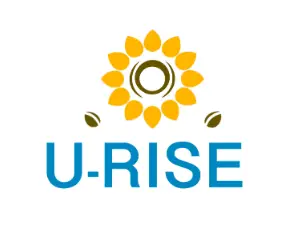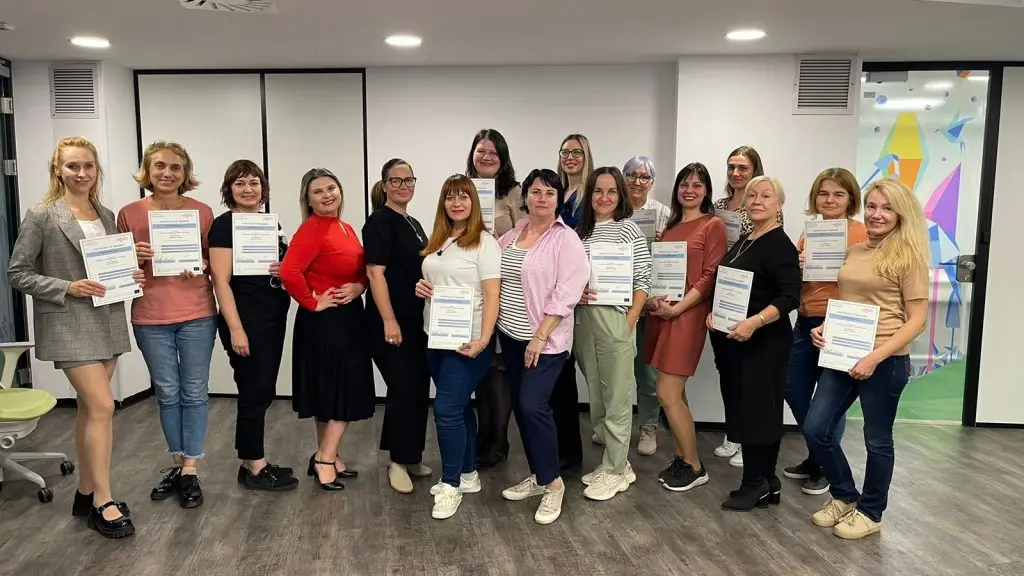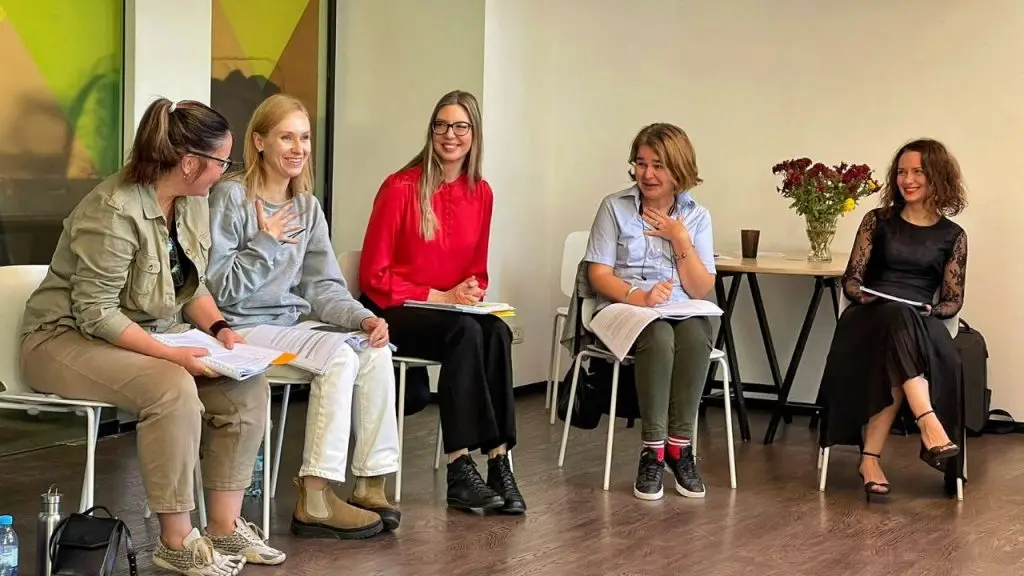What it takes to localize digital mental health support at scale — without losing clinical depth or cultural sensitivity.
The U-RISE Project was a multi-country EU initiative that delivered trauma-informed, digital mental health support to over 150,000 displaced Ukrainians — blending clinical integrity with cultural resonance across borders.

THE CHALLENGE:
As millions fled Ukraine, the crisis wasn’t just logistical — it was deeply psychological. EU countries needed fast, scalable mental health support that could hold trauma, not just track it.
This work required precision, empathy, and emotional credibility — across seven international partners, multiple platforms, and three countries.
MY ROLE:
I was brought into U-RISE as a clinical psychologist and communications strategist — but the role quickly evolved into one of strategic integration and emotional translation.
I helped turn a complex mix of clinical frameworks, European Commission deliverables, and on-the-ground emotional realities into a coordinated response that felt not just accessible, but deeply human.
WHAT I DID:
- Adapted WHO’s “Doing What Matters in Times of Stress” for Ukrainian audiences across the EU, ensuring it was emotionally and culturally resonant
- Designed content and flow for facilitator training, grounded in Self-Help+ and Problem Management+ methods
- Trained 22 facilitators across Poland, Slovakia, and Romania to lead trauma-informed group interventions
- Acted as communications bridge across six consortium partners, aligning messaging with deliverables for the European Commission
- Co-authored research papers on MHPSS implementation, later published in the European Journal of Psychotraumatology and Cambridge Prisms: Global Mental Health
- Presented project outcomes at a European Parliament roundtable in Brussels — sharing insights on trauma-informed scale with policymakers
WHAT I DELIVERED:
- Culturally adapted stress-management protocols, grounded in clinical psychology and translated with narrative care
- Trauma-informed training systems that equipped frontline facilitators to hold space with confidence and compassion
- Consortium communications alignment, enabling 6 international partners to present unified, emotionally coherent deliverables
- EU-level advocacy, bringing practitioner insight into strategic dialogue on refugee mental health response
RESULTS
- 150,000+ engagements across digital platforms — meeting EC impact benchmarks
- Implemented in 3 countries, reaching both refugees and support providers
- 22 facilitators trained, creating replicable psychosocial intervention capacity
- Deliverables approved by the European Commission across all 6 partner organizations
- Presented at the European Parliament, influencing trauma-informed EU health policy
Research published in the European Journal of Psychotraumatology and Cambridge Prisms: Global Mental Health, shaping future MHPSS systems.
EXPERTISE IN ACTION
- Clinical Psychology (Trauma & Group Interventions)
- Cross-Cultural Content Design
- Strategic Communications & Partner Alignment
- EU Project Coordination & Policy Engagement
- Digital Mental Health Content Strategy

A MOMENT THAT LANDED
During one of the facilitator training sessions, a participant pulled me aside and said: “This is the first time I’ve felt confident explaining trauma in my own words.”
That sentence stays with me. Because it reminded me what this project was really about: Helping people find clarity, language, and voice — even in the aftermath of upheaval.

REFLECTION
This was more than a project. It was a lesson in how care scales — when systems are led by people who listen.
Whether I was adapting WHO content, facilitating training, or translating tension between stakeholders, I held one principle:
“Psychological safety isn’t just ethical — it’s operational. In crisis settings, it becomes a strategic priority.”
That’s what allowed this initiative to land — across countries, contexts, and communities in motion.


